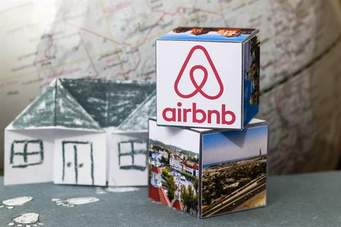
The pros and cons of using Airbnb
Airbnb will be 10 years old in August 2018. Love or loathe them, the Company is here to stay and is currently valued at an incredible $30bn. Airbnb is obviously doing plenty of things right and seems to be winning the battle in the popularity stakes in UK over its portal rivals Holiday Lettings and Homeaway. The Company is also stealing a march over cottage agencies by pulling in property owners and sales.
Let’s have a look at what benefits Airbnb brings to table for the holiday buyer (guest) and property owner (the host).
The Guest
Pros;
- Flexible arrival date
- Can stay for just 1 night
- Can be cheaper than booking a property through an agent
Cons;
- Quality of furnishings between properties varies enormously
- Some photographs are poor
-Descriptions can be misleading
-Properties are not inspected and number of guest reviews can be small
-The price of a property listed by an agent will be higher than they charge to their customers
- The nightly price is fixed and does not reduce for longer stays
The Host
Pros
- Lower commission charges than an agent
- Global visibility
- Control over availability and no commitment to handover large blocks of dates as there is with an agent
Cons
- Must be able to clean the property on any day of the week
- Greater risk of damage and misuse of property
- No personal contact with sales staff
In summary the option to use Airbnb and/or one of the other platforms can work very well indeed for those property owners who have already decided to manage their own lettings and not use an agent. On the other hand, should you be too busy to be fully involved in the process, then the higher cost of using an agent to generate bookings will be money well spent.
Nick House
House Nouse